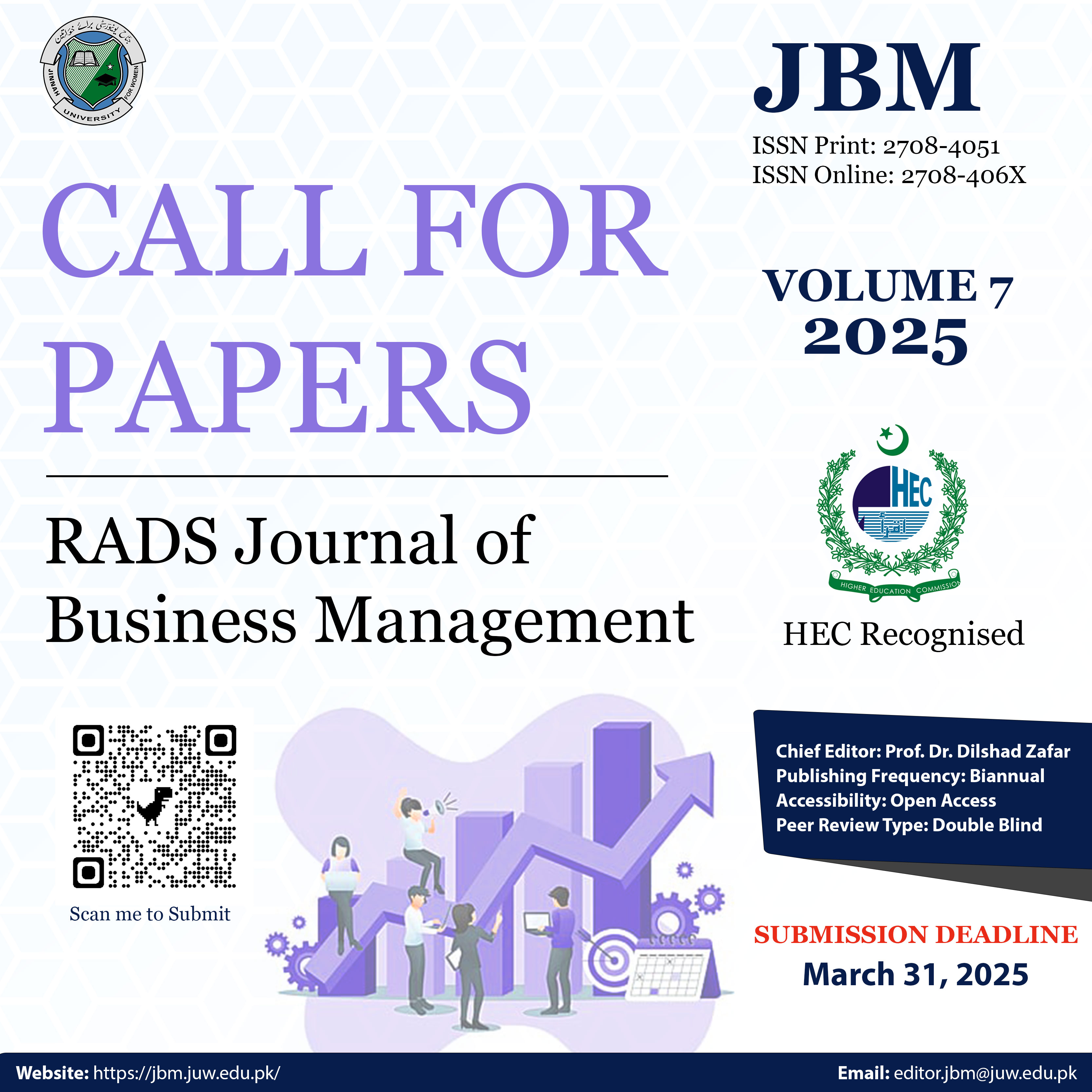The Effect of Subjective Norms on Desire to Purchase Through Applications: The Moderating Role of Electronic Word-of-Mouth
Abstract
The rapid development of technology and the use of apps have become significant and influential in today's lives (Zolkepli, Mukhiar, and Tan 2020). Despite the increasing amount of research on the use of apps, little is known about the role they play in shaping the behavior of app consumers. By deploying the framework, the purpose of this study is to explore the factors that affect consumer desire to purchase through apps. To do so, this study uses different variables such as perceived app usefulness and perceived ease of use of apps as independent variables, electronic word-of-mouth moderator, and the desire to purchase apps as dependent variables. This study is theoretically supported by overarching theory, i.e. Goal Model-Directed Behavior (MGB) along with supporting theory, i.e. Model of Technology Acceptance (TAM). Data were collected from (experienced) consumers of different ages (i.e. 18 to 60 years of age) from different nationalities living in Pakistan and Saudi Arabia, with an overall sample size of 371. People living in Pakistan and Saudi Arabia are found to want to purchase products and services through apps only when they find that the app they use is "useful and easy to use" for purchase. Data were analyzed using SPSS 23 and AMOS 24 statistical software. Various tests such as; Skewness and Kurtosis, Correlation Analysis, Confirmatory Factor Analysis, and Structural Equation Modeling have been used to analyze data. The findings of this study will help practitioners, managers, and, in particular, e-retailers to pay attention and take a proactive approach in their businesses to meet the needs and wishes of their consumers.
The author retains the copyright and grants the right of first publication to the journal.





